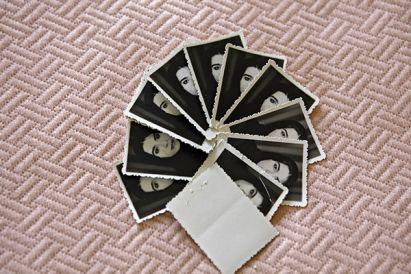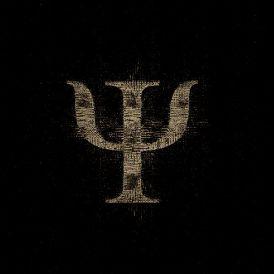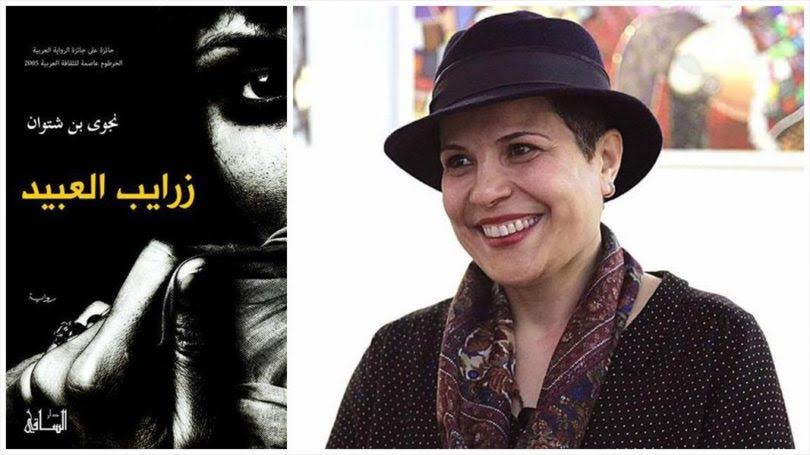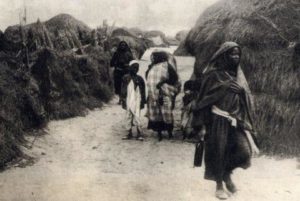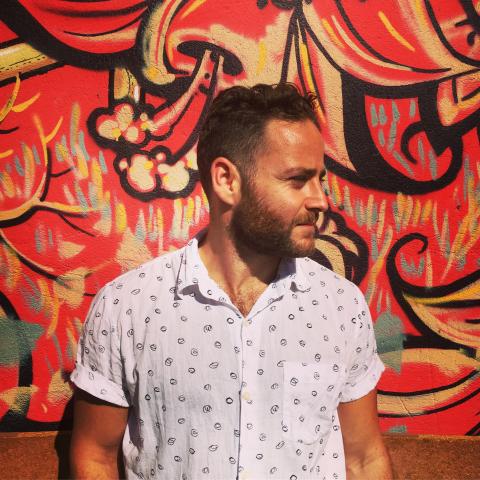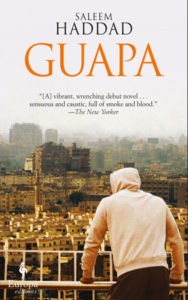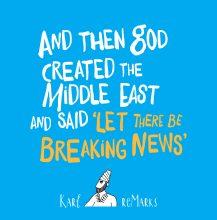According to the American existential psychiatrist Irvin Yalom, Existentialism is the philosophic notion of self awareness and its form of therapy explores the facts of life and how they affect the individual without judgement or bias. It enables one to approach the issues relevant to all feeling and thinking human beings at different consciousness or awareness levels, that might otherwise be labeled morbid.
At such an intersection, one is forced to face and resolve the predicament of aloneness, mortality and impending death, suffering, the case of a frightening freedom and our entailed responsibility.
In ‘the Mood Diary’, Saudi Arabian photographer Marwah Almugait makes a brave attempt to observe and be witness to the inner subjective experience of her subject Mona as she battles the diagnosis of Bipolar Disorder.
One extra challenge is the location of the project in Saudi Arabia, a conservative country that doesn’t promote the exposure of difficult psychological truths as they impact on the local individual. Rather the culture would substitutes therapy terms within a religious framework that causes the personal burden to be much heavier to carry with an added stigma.
Through Almugait’s moving and powerful images, we see Mona grapple with her inner demons at home and in her day to day reality. With an afflicted mind, the pictures reflect the highs of her mania and the lows of depression, the cyclical nature of mood swings, the anguish, despair, sense of loss and grief for a life that could or couldn’t have been lived.
There are images that show the fragility and delicateness of the subject’s psychological identity within the disorder. Also, the role of the past on influencing the present and regrets are hinted at, as well as the sense of revolving realities where the manic energy and depression are played out.
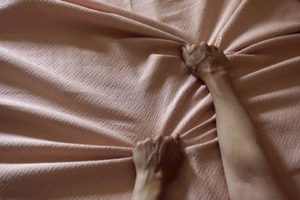
Still we must not take the subject as an object in this photographic project or confine Mona to her illness. She is a living, breathing and moving human being who has affected the photographer in ways only possible within an existential encounter.
One can make an analogy here with the practice of psychotherapy. It occurs between a qualified person and a client in a formal setting, just as the photographer here rises to the challenge. Its objective is to help the client come to terms with her situation by examining her choices and learning to positively change them by reflecting back with words or as in this case with pictures. The good therapist also validates the personal struggle and aids the client to move forwards with the insights gained.
Underlying existential therapy is the need to alleviate conditions and symptoms that we all share and experience to some extent or other: the sense of anxiety, panic, dread, nihilism, carrying shame and guilt, apathy, alienation, rage, resentment, addiction, violent emotions and ultimately madness. Through the process of reflection, we can get to a place where we accept the realities of death and finitude, and knowing that we have the freedom to take responsibility for our lives. As Jean-Paul Sartre wrote: “We are our choices.”
Looking into the techniques used in existential therapy, the therapist during a formal session has to firstly create the safe setting for the client and put aside any preconceptions or dogma regarding the client’s condition. The therapist can thus interact to discover and explore the client’s subjective experience of ‘being’ and reality. Whilst the usual methods are to listen, reflect back and gently nudge the client through verbal exchange and body language, it is also possible to utilise more creative ways to achieve similar insight.
In this project it is evident that Mona was open and receptive to the artistic experiment and happy to express herself in a way that perhaps she wasn’t able to do so before alone or with others. She took a proactive role in choosing concepts for the images that the photographer took and the photographer followed, by directing the shots whilst suspending judgement and focusing on the personal client story.
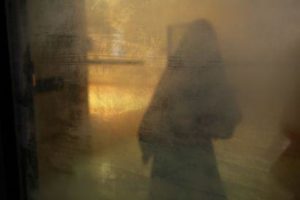
Through the images and clever use of camera, lens and lighting, we are invited to enter the subject’s inner reality. We also come to realise that the photographer took an approach that was without denial, without avoidance and without distortion of her subject.
It brings to mind Rollo May, a leader in the existential therapy movement, who wrote: “I do not believe in toning down the daimonic. This gives a sense of false comfort. The real comfort can come only in the relationship of the therapist and the client or patient.”
According to May: “The encounter with the being of another person has the power to shake one profoundly and may potentially be very anxiety-provoking. It may also be joy-creating. In either case, it has the power to grasp and move one deeply.”
The therapeutic relationship thus requires the building of a sacred trust to let in a closeness, a warmth and honesty moving both participants to human and psychological awareness. In this way, the Mood Diary has been, for the photographer and muse, such a powerful exchange that will affect both of them for quite some time.
For Almugait: “This project opened my mind into the darkness and I wanted to put the light to see what is really inside. It was like having the keys to a locked room and I’ve seen the unseen. Through the photographic process, I felt like I was x-raying what was in the mind of my subject. Truly, with photojournalism, you never know where you might end up.”
To quote Yalom again: “The realization and knowledge that we influence others in ways that are positive can provide a sense of meaning in our lives. That is also why loneliness is so deadly.”
Note: This article was originally written as a foreword to a photographic exhibition by the Saudi Arabian Marwah Almugait.
Note: This article was first published circa September 2012

